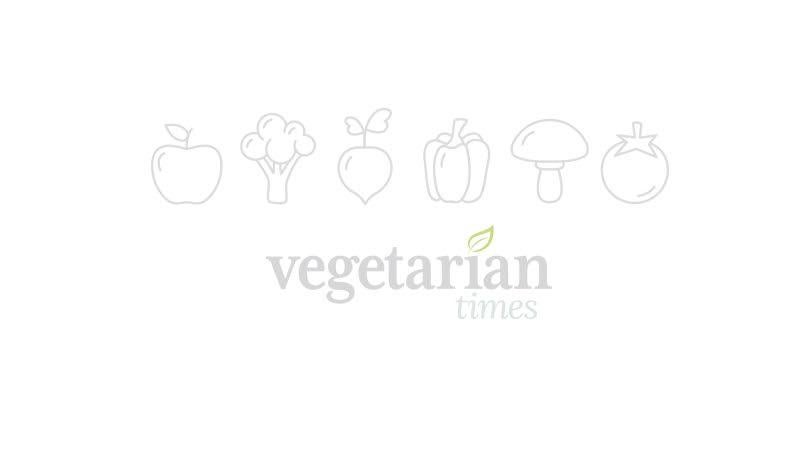Inflammation: What Causes It And Why?

Q: I’ve heard that some illnesses, from arthritis to heart problems, may be caused by inflammation. But what does that really mean? Can I do anything about it?
A: Let’s say that one day you’re hanging a picture and you inadvertently whack your thumb with a hammer. Within seconds, your poor appendage swells up and becomes red, warm and tender to the touch. That’s inflammation. Now, here’s the same event from your thumb’s point of view: With the blow of the hammer, your thumb’s blood vessels instantly widen to speed white blood cells to the injured area where they can clean up damaged tissues and kill any invading bacteria. So the swelling, warmth and tenderness are due to your body’s response, not to the injury itself.
The purpose of inflammation is to clean up and sterilize the area and to start the healing process. However, it turns out that this whole process can be triggered without your being hit by a hammer, attacked by germs or injured in any way at all.
Certain foods spark inflammation in sensitive people, and there are foods that can make existing inflammation worse. Inflammation is increasingly recognized for its role in many diseases, and the factors that cause it are becoming clearer too.
For example, a number of foods can cause rheumatoid arthritis (RA) to flare up in some people, unleashing joint swelling, warmth and tenderness. It isn’t clear why these foods trigger inflammatory joint symptoms in one person but not another; however, in 2050 percent of people with RA, one or more foods make it worse. Common offenders are dairy products, corn, meats, wheat, eggs and citrus fruits. This doesn’t mean that all these foods are necessarily bad.
But just as strawberries cause a rash in some people, these foods trigger joint pain in others. The usual way to find out if a food is aggravating RA is to go on an “elimination diet”: Stop eating all of the most frequent food triggersdairy, corn, etc.for a few weeks. Then, slowly start reintroducing them one at a time, and see if any of them trigger symptoms.
A similar situation exists with inflammatory bowel disease, which comes in two common variations: Crohn’s disease (which most commonly attacks the large intestine and the last part of the smallintestine, causing pain, fever and diarrhea) and ulcerative colitis, which occurs only in the large intestine and causes pain, fever, diarrhea and rectal bleeding.
If you could examine your intestinal tract during an attack, it would look a lot like your sore thumbinflamed and damaged. And just as in arthritis, many people with Crohn’s disease or ulcerative colitis do better when they avoid certain foodsparticularly wheat and dairy for people with Crohn’s and meat or alcohol for people with ulcerative colitis.
In recent years, researchers have realized that inflammation plays a major role in heart disease. That is, people with inflammation elsewhere in their bodies rheumatoid arthritis in their joints, for exampleare more likely to develop small bumps, called plaque, in their coronary arteries. They are also at higher risk of having artery-narrowing plaque trigger the formation of blood clots, which canclose off the artery completely, causing a heart attack.
Exactly why inflammation causes all this havoc is not known. But it may well be that part of the reason aspirin and cholesterol-lowering statin drugs help prevent heart attacks is that they both reduce inflammation.
Now, the best way to avoid having a sore thumb is to be more careful with your hammer. And the best way to protect your heart is to be more careful with your diet, avoid smoking and stay active.
Of course, a vegetarian diet is just what the doctor ordered, because it can lower cholesterol
by anywhere from 17 to 40 percent, for two very simple reasons: Plant products don’t contain any cholesterol, and they’re extremely low in saturated fat, the kind that causes the body to make extracholesterol.
But the good news is that avoiding “trigger” foods, if you have any, and putting the power of vegetarian meals to work will help keep inflammation in check. And for extra anti-inflammatory power,keep portions within limitsovereating makes inflammatory processes more likely to occur.
That said, a plant-based diet can put and keep you on the road to good health.